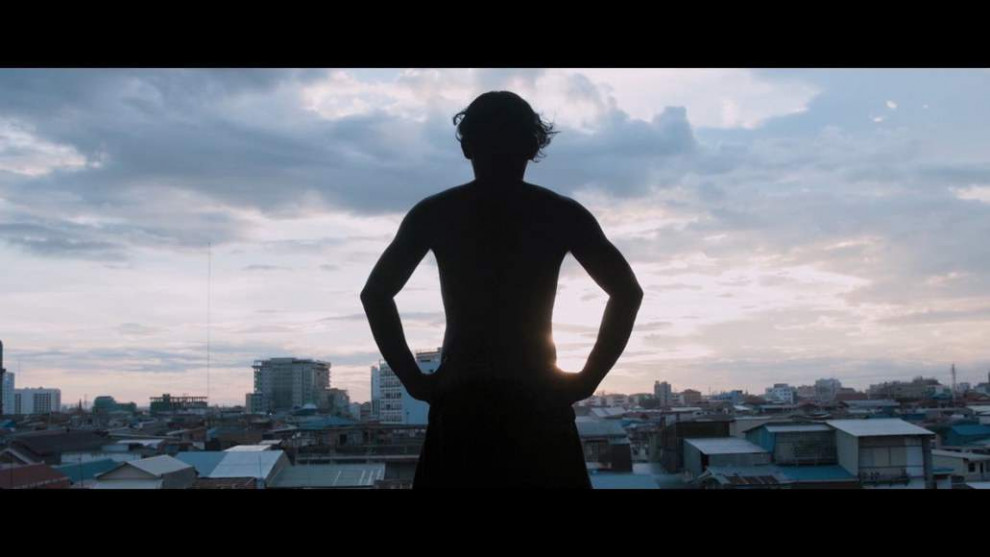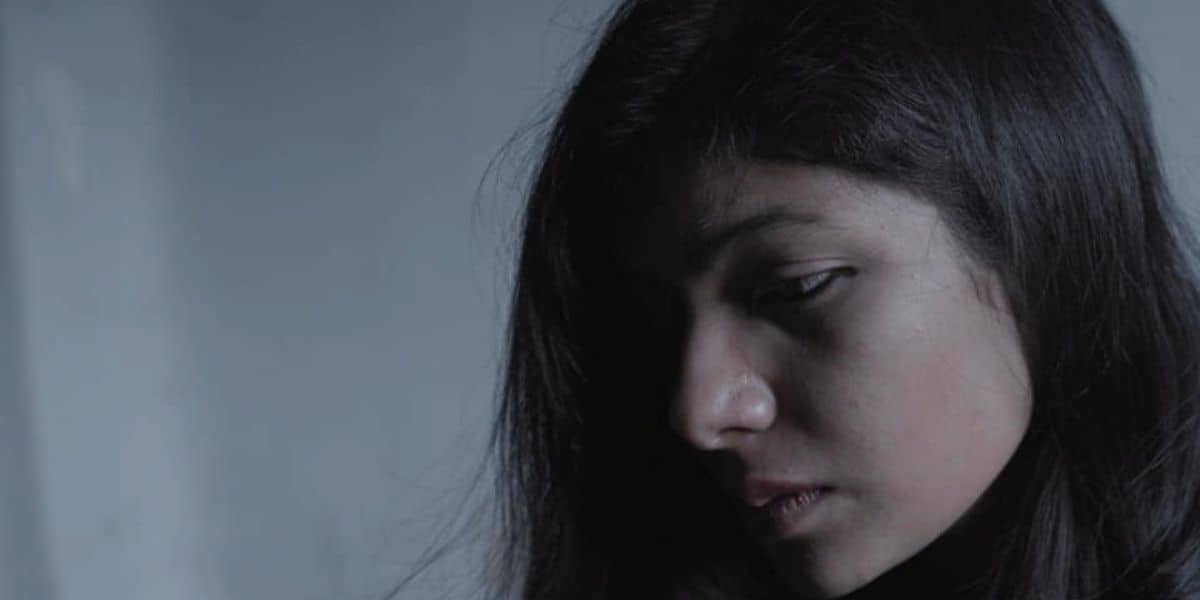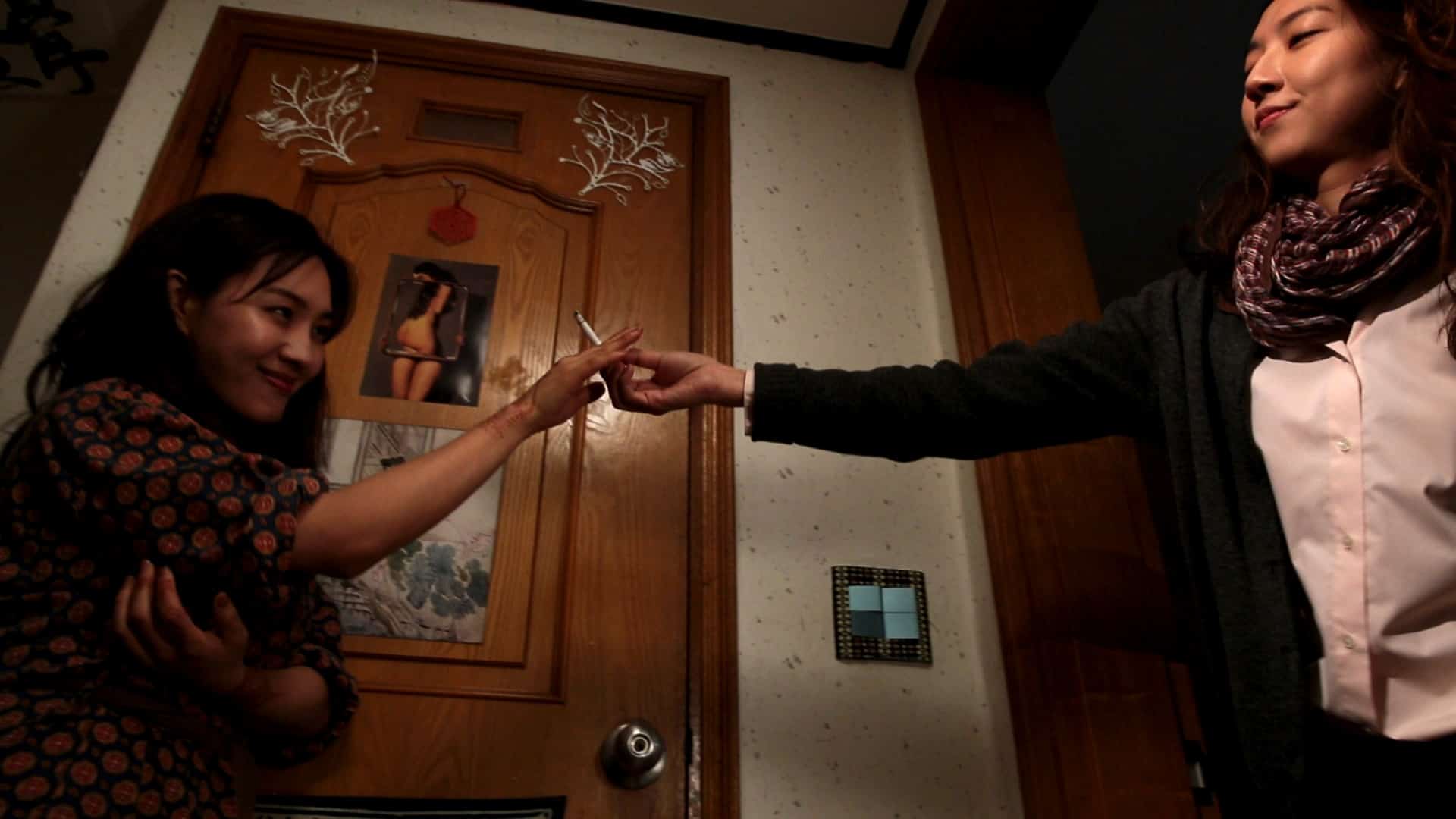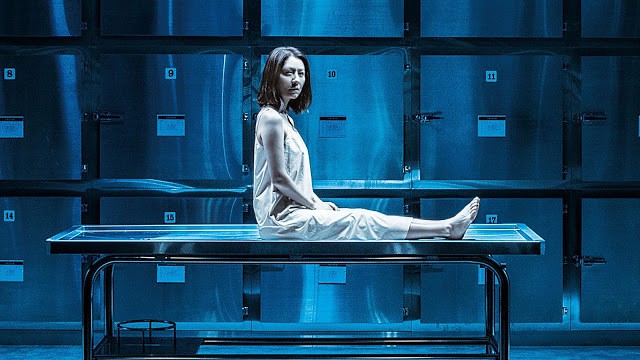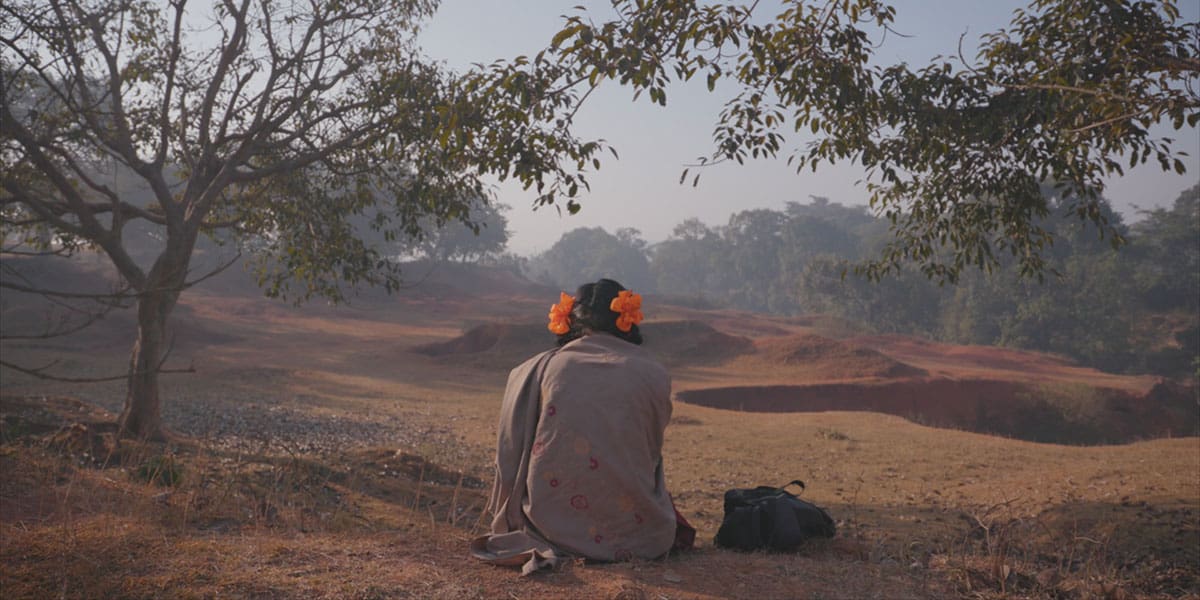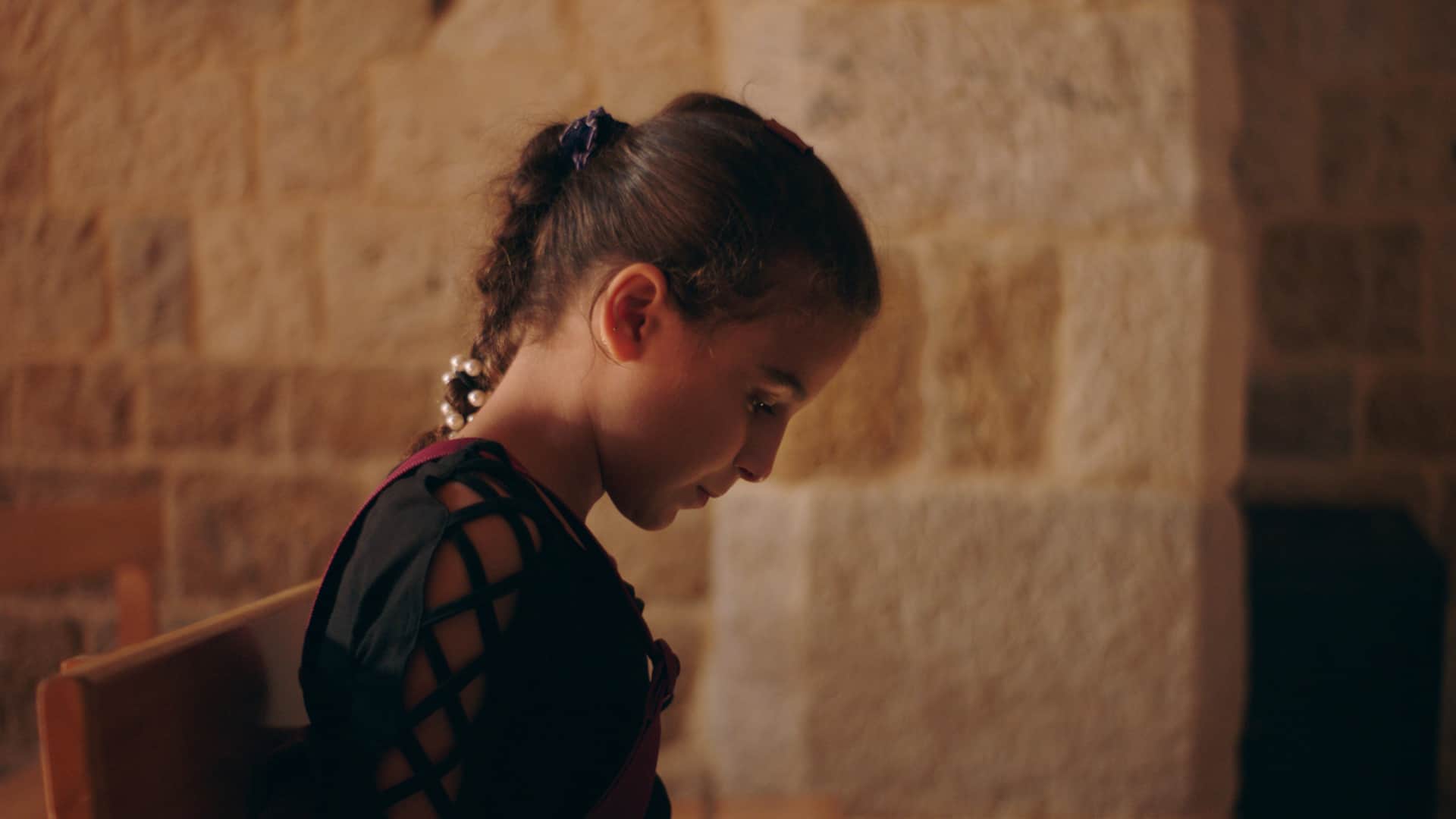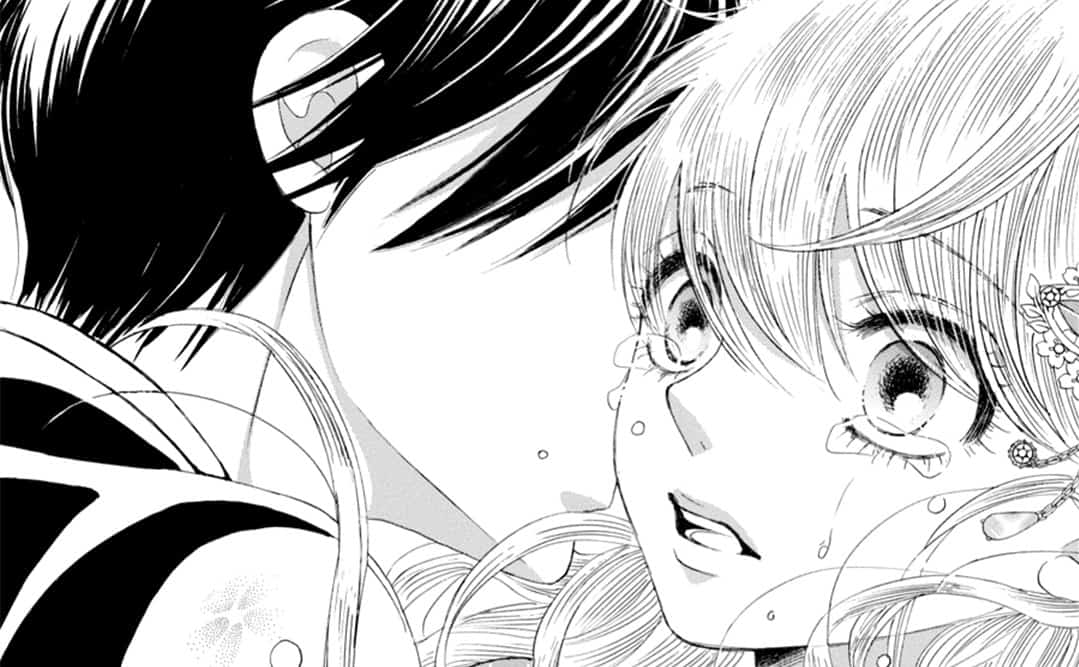“Spirits wander this land. Better tread carefully.”
In general, one can say the state of a society always depends on how it treats its weak and the poor, as well as those who are mentally or physically ill. While he was making videos for an NGO, Indian director Amit Dubey witnessed some of those conditions. In a mental hospital for children in the Takeo Province, he made the acquaintance of a psychiatrist who spoke to him about the state of his research, but most importantly, the maltreatment of the mentally ill, which is, sadly, still quite common in many parts of Cambodia.
Buy This Title
During this time, Dubey claims he had the first rough idea for his feature debut “Mind Cage”. As he researched further, he collected stories about people being chained to their homes, in basements and kitchens, often for long stretches of time, because they showed signs of mental illness. Even though, “Mind Cage” is still deeply embedded within a thriller-framework, it still contains “shades of reality” which Dubey and his co-writer Michael Hodgson wanted to include in the final film.
Apart from its theme, “Mind Cage” treads on new ground within Cambodian cinema. As a blend of horror and thriller, its foundation within reality, as Dubey insists, is quite the antithesis to other films of the domestic movie industry. During the exhausting 20 days of shooting, Dubey concludes he and his crew actually used the heavy rain and other factors to their advantage, resulting in an atmosphere fitting for the kind of film they aimed to make.

Life has been good to Sarin (Keo Ratha) and his family. While his reputation and skill as a doctor have provided him with a well-going practice, his marriage to Vanny (Sveng Socheata), who is expecting their second child, could not be happier. However, because he has rejected a female patient's request to examine her son, he receives the news of the man's death quite badly.
On the way back from the funeral, he witnesses a ceremony led by a shaman, Mony (Rous Mony). After he has learned about his cruel methods, he intervenes by giving the sick girl an injection which helps her immediately. Satisfied with the result, he leaves the parents of the girl who take it upon themselves to punish the shaman for tormenting their daughter.
However, Mony is not finished with the doctor. Disgraced and angered, he makes his way to the city, eager to take revenge on Sarin, as well as those he loves most.
As Amit Dubey has pointed out himself, one of the central themes is the clash between modernity and tradition. In the opening shot, we witness Mony meditating within the simple hut he calls his home, next to him a bamboo cage with a teenage woman. What could be an instant clue to this man's nature is abruptly changed when the parents of the girl become part of the frame, both visibly shook by the sight of their girl, but at the same time showing gratitude to the man who has been helping them, and their village for many years as we learn later on. At the same time, Sarin's office oozes with the kind of antiseptic appeal one stereotypically associates with his profession, an observation seemingly thwarted by the sight of the photos of his wife and daughter. Nevertheless, his pedantic attitude as he denies the request of a crying mother also confirms the kind of image we might have of this character, one which somehow connects him to Mony. Although there are worlds between the two, these are men proud of what they are, of their reputation and the life they have made for themselves, while also at times dubious in the way they exercise their authority and the way people depend on them.
Luckily, Rous Mony and Keo Ratha deliver great performances that emphasize the good as well as the dark shades of their character. Even though Mony seems at times more like the reincarnation of Robert DeNiro's Max Cady from “Cape Fear”, one understands his anger at the rather arrogant attitude of the “City Man”, as he calls Sarin. Since his methods have established him as a man in close contact with the darkness, violence and depravity of the human soul, Mony shows an uncanny transformation as he fully embraces these dark parts of his being. He becomes a nemesis Sarin is unable to fight with the methods of rationality and wit, both of which basics of what has created his nimbus as a doctor. Ratha has perhaps the most difficult task of fighting a battle for the values he has followed his whole life, but which now have turned out to be hopelessly impractical as he faces the kind of superstition and violence he has tried to cure all the time.

Technically, Dubey presents himself as a director aware of the genre conventions and how to effectively follow as well as bend them. Especially during the home invasion-scenes of the film, “Mind Cage” explores the slow decay of the family unit, their feeling of security within their urban ivory tower. The mixture of Jimmy Henderson's atmospheric images, the way it keeps an eerily quiet in these sequences, create a lasting tension fueled by the growing disruption of the rational view on the world of the doctor, one which becomes more part of the problem rather than the solution. Additionally, the score by Krom Monster highlights the increasing deterioration, the growing chaos and sense of sheer madness as Mony continues to deliver his punishment, becoming more and more like the kind of demon he tried to protect other people from.
“Mind Cage” is a film about the clash between rationality and tradition, a thriller about the disruption of man's sense of security and way of life. Combined with a great score, fantastic cinematography as well as good performances, this psychological thriller will hopefully find enthusiastic viewers. In the end, the road into madness may just be one step away, one door next to ours, or it might be hiding in our closet. But the most terrifying notion is how easily we can become swallowed by it.
Sources:
1) Murray, Bennett (2015) Filmmaker explores horror, agony and anguish in The Mind Cage
www.phnompenhpost.com/post-weekend/filmmaker-explores-horror-agony-and-anguish-mind-cage, last accessed on: 09/26/2018
2) Jensen, Anthony (2015) Psycho Thriller
www.cambodiadaily.com/culture/human-scary-97004/, last accessed on: 09/26/2018
3) Connor, Logan (2017) Clash between traditional beliefs and modern medicine laid bare in Cambodian thriller
www.cambodiadaily.com/culture/human-scary-97004/, last accessed on: 09/26/2018


